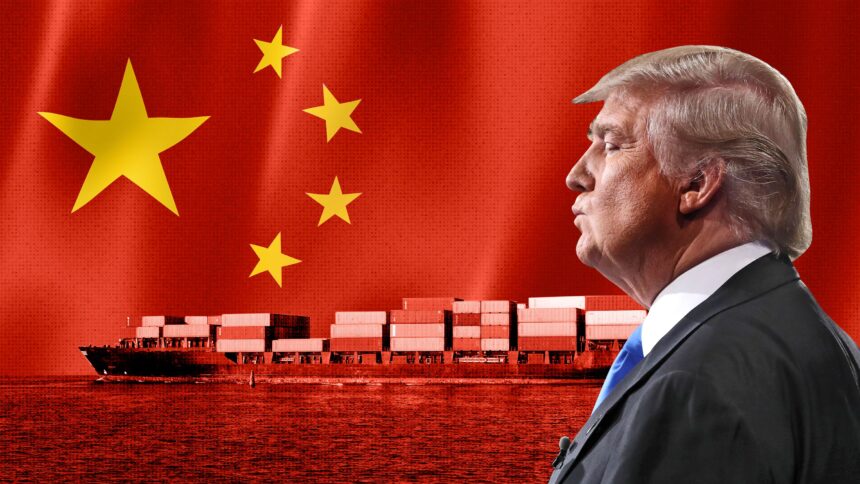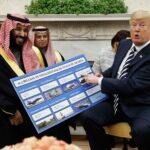Summary by Geopolist | Istanbul Center for Geopolitics:
The article investigates the potential repercussions that could result from Donald Trump’s re-election and the appointment of China hawks to critical jobs in the United States-China relationship, which could have significant repercussions across the whole Asian region. Concerns of a resumption of trade hostilities have been heightened as a result of President Trump’s proposal to impose a tax of sixty percent on Chinese goods, as well as the possibility of similar steps being taken against other countries. There is a high probability that key Asian economies, including as Taiwan, Korea, Vietnam, and Japan, would experience repercussions. China may respond by expanding its alliances and increasing the degree to which it is economically self-sufficient inside its own borders.
According to Trump’s plan, which is based on trade policies from the 1980s, the goal is to address trade imbalances and preserve U.S. interests through the use of protectionist measures and tariffs that are aggressive. This highlights a significant shift in U.S. strategy, as it stands in stark contrast to the more diplomatic attempts that Vice President Biden has been making to negotiate rivalry with China. A strict approach that may worsen tensions is indicated by Trump’s cabinet appointments, which include Marco Rubio as Secretary of State and other renowned opponents of China. One of these individuals is Marco Rubio.
The economies of Asia are getting ready for the consequences, as a number of countries in the region have significant trade surpluses with the United States, which makes them targets for President Trump. Concerns have been raised by economists over the possibility that the entire region could get embroiled in conflict, particularly in light of the fact that the Trump administration is anticipated to focus on international trade deficits. Taiwan, Korea, and Vietnam are examples of countries that have benefited from the decoupling of the United States and China in the midst of previous trade disputes. These countries may therefore be vulnerable to additional tariffs or other forms of retaliatory actions now.
China, under the leadership of President Xi Jinping, is trying to find ways to lessen the impact of the protectionist policies that Trump has implemented. In order to combat the isolationism of the United States, Xi may make use of China’s influence among the BRICS and countries of the Global South. The strengthening of relations with Russia and the engagement of other key economies, such as Germany and Japan, are seen as potential strategies to alleviate the potential economic implications of economic instability. It is possible that China would like to present itself as the advocate of globalization in order to counteract what is regarded to be a protectionist stance taken by Trump.
Trump’s proposal to impose a tariff of sixty percent on imports from China, in addition to possibly increasing tariffs for particular industries, may have a negative impact on American consumers by worsening inflation, which is comparable to the effects that were observed during his first term in office. According to the findings of the study, such actions would most likely lead to an increase in prices on the market in the United States and would have an effect on a variety of industries, including vehicle manufacturing and consumer electronics. In addition, economists warn that such measures are unlikely to bring back employment or raise productivity, which would be a repetition of the unproductive effects that Trump’s earlier tariffs brought about to the economy.
From the conclusion of the article, it can be concluded that the second term of President Trump could force China to reevaluate its development model, shifting from an economy that is driven by exports to one that is more dependent on domestic consumption. At the same time, China may decide to take a variety of retaliatory actions, such as devaluing its currency or restricting market access for American businesses. These actions have the potential to escalate the situation into a more broad geopolitical conflict.
Read more here.







